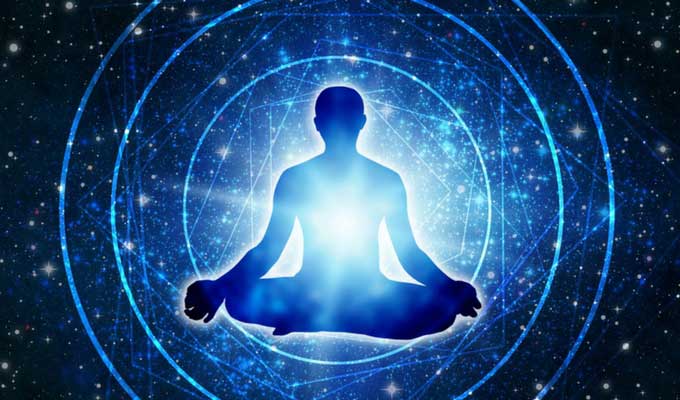Conventional medicine has long dominated healthcare, relying on scientifically validated methods and evidence-based practices. However, there exists a parallel world where healers draw upon spiritual insights rather than medical textbooks, intuition serves as a guiding force, and miraculous recoveries are not uncommon. These healers, known as medical intuitives, can tap into a higher source for diagnostic and treatment information, often achieving outstanding results, particularly in cases deemed incurable by traditional medicine.
Medical intuitives operate on a different plane, where intuition, spirituality, and energy converge to provide healing. Their success stories are remarkable, with reversal rates for chronic diseases and life-threatening illnesses soaring into the high ninetieth percentile. Yet, despite their undeniable efficacy, medical intuitives face relentless skepticism and criticism, especially from those entrenched in the rigidity of traditional medical sciences.
One primary challenge medical intuitives face is the language barrier between their intuitive insights and the vocabulary of conventional medicine. Unlike trained medical professionals who fluently speak the language of medical jargon, medical intuitives receive information from a higher source in the form of feelings, images, or sensations. Thus, their attempts to translate this ethereal knowledge into medical terms may sometimes fall short of accuracy, leading to misunderstandings and skepticism.
Critics often attack these linguistic discrepancies to discredit medical intuitives as charlatans or con artists. They argue that the absence of formal medical training renders these healers incompetent and their methods suspect. However, such criticisms fail to acknowledge the undeniable results achieved by medical intuitives in restoring health and vitality to those failed by traditional medicine.
It is crucial to recognize that medical intuitives operate in a realm beyond the confines of conventional medicine. They offer a complementary approach to healing that embraces the holistic integration of mind, body, and spirit. While their methods may diverge from the established protocols of mainstream medicine, the medical intuitive’s ability to facilitate profound healing experiences should not be dismissed lightly.
The efficacy of medical intuitives extends beyond mere outcomes; it lies in their capacity to offer hope and empowerment to those grappling with illness. Conventional medicine has reached its limits for many patients, leaving them disillusioned and disheartened. In such moments of despair, medical intuitives provide a beacon of light, offering personalized insights and guidance that reignite the spark of healing within.
Advocating for the legitimacy of medical intuitives requires embracing a spirit of inclusivity and open-mindedness. Rather than engaging in fruitless comparisons between apples and coconuts, let us celebrate the diversity of healing modalities available. Just as each individual is unique, so are the diverse and multifaceted paths to healing.
Ultimately, medical intuitives and traditional medical practitioners’ goals are the same: to alleviate suffering and promote health and well-being. Rather than pitting one against the other, let us recognize the complementary nature of these approaches and work towards a more integrated model of healthcare that honors the wisdom of intuition and science.
The medical intuitives’ efficacy in facilitating profound healing experiences cannot be denied. While their methods may differ from traditional medicine, their results speak volumes, offering hope and healing to countless individuals. Rather than succumbing to skepticism and criticism, let us embrace the transformative power of spiritual healing and celebrate the diverse tapestry of healing modalities that enrich our world.
